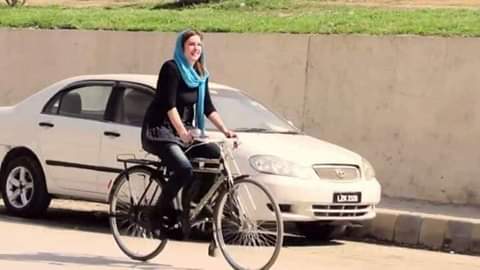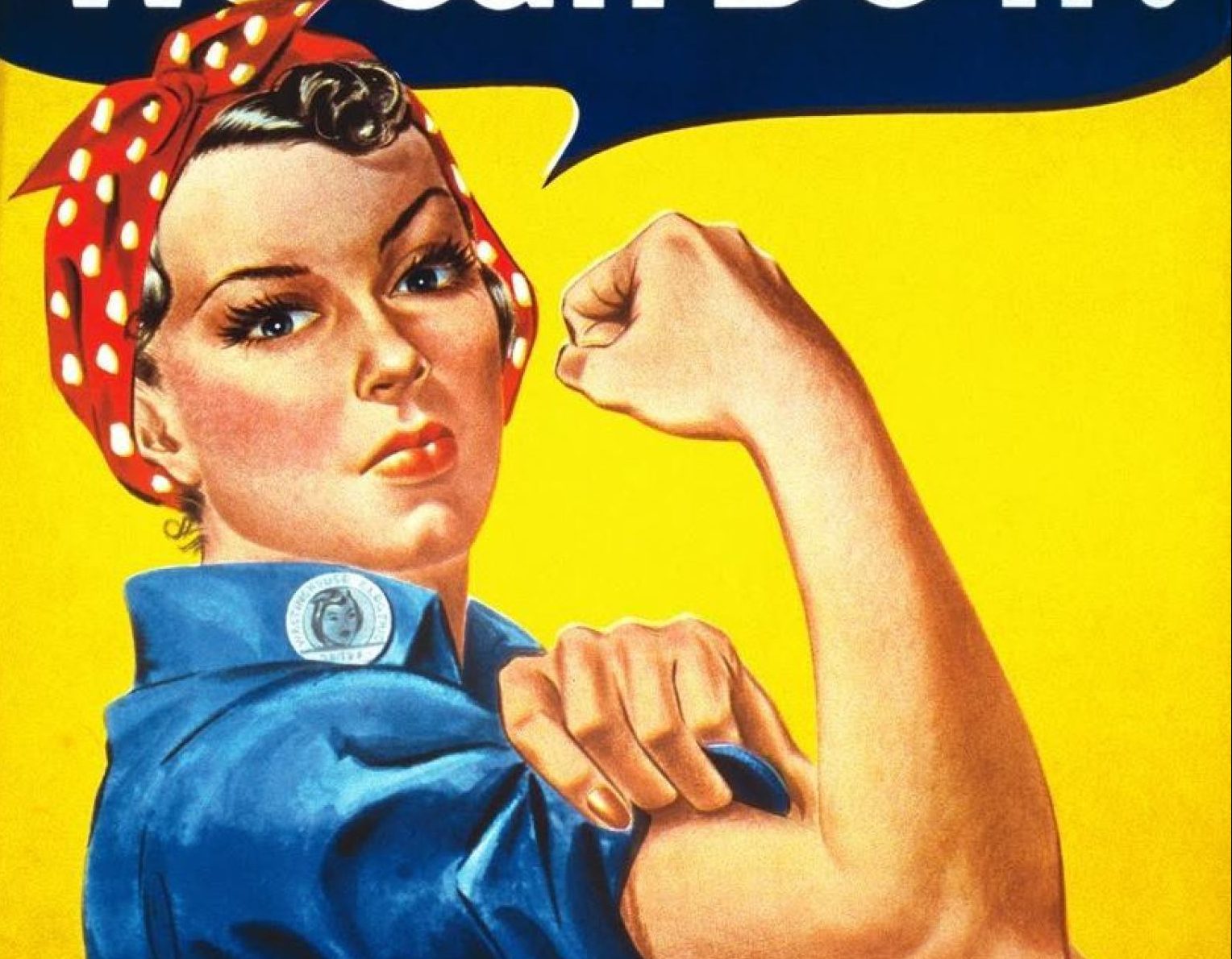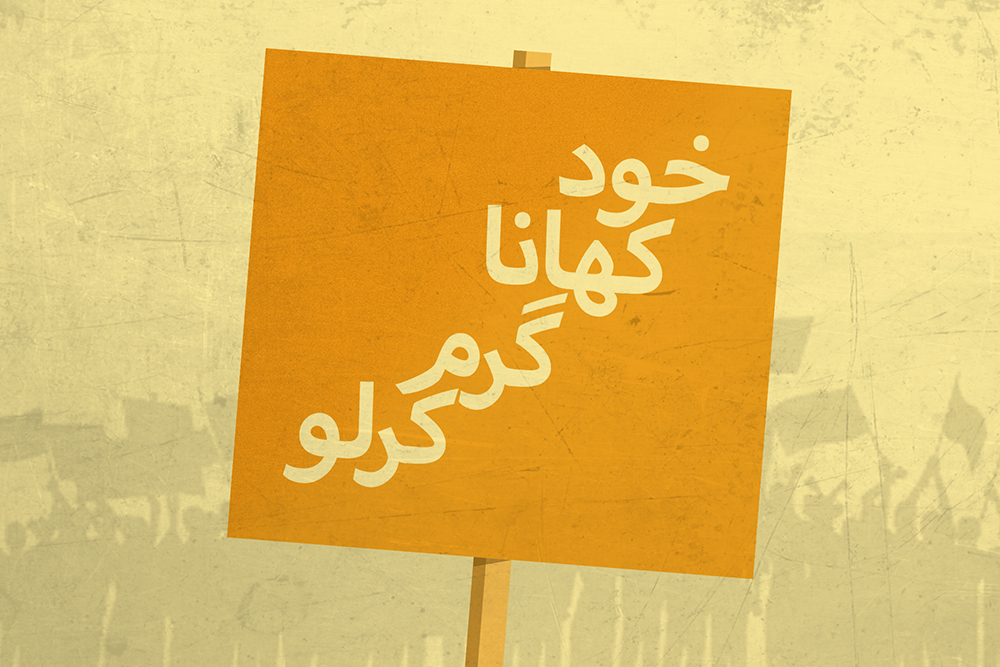KARACHI: Photos of Cynthia D Ritchie, a freelance blogger and traveler who has been exploring Pakistan for a few years now, riding a bicycle and a rickshaw on the streets of Peshawar went viral on Twitter, with many calling her out on her claims of promoting a positive image of Pakistan. But Ritchie wasn’t having any of it.
Many users pointed out how people jump to praise such acts by white women touring Pakistan but they would leave no stone unturned to shame a local woman if she were to do the same. A local activist group, Girls at Dhabas (GAD), which aims to normalise women’s access to public spaces, took to social media to expose this hypocrisy, especially after the hate the group received online for organising a bike rally for women in Lahore last weekend.
“Here’s a quick sample of the kind of hate we get when we take our cycles to the streets. These are just from this week,” GAD shared across all of its social media accounts.
We are all for a positive image of Pakistan, but it should be an established fact by now that it is not easy for women and non-binary people to navigate public spaces in this country. Many who try to defy the patriarchal norms receive great backlash, both online and certainly from their families.
A country where feminist activism is a fragile topic and one that brings up controversy, we often see efforts that romanticise a female-centric event and promote its positive image while continuing to reinforce the patriarchal status quo in society.
A white woman riding a bicycle in the streets of Peshawar is an act worthy of praise but the same act from a woman of their own family results in a great outcry as though she has behaved like a wanton.
Read: Dear white people, mispronouncing our names is not funny
Responding to Ritchie’s claim of a need for Pakistan to be shown in a different light, Bina Shah, a Pakistani fiction writer, was quick to point out the fallacy in this.
“I think this is a good observation, but I think Pakistani women writers, filmmakers, poets and artists have been doing this for decades,” Shah said.
Natasha Japanwala, a journalist and a teacher, also took to Twitter to deconstruct the faults in Ritchie’s assumption-laden claims. “We aren’t saying women are subjugated, esp. not in the reductive ways you’ve listed. We face challenges that you aren’t aware of, when it comes to our freedom of movement,” Japanwala said.
The Twitter war got worse.
Ritchie, in her effort to defend her opinion lashed out on progressive people and activists, accusing them of not wanting “a positive Pakistan to be shown”.
Nida Kirmani, a Pakistani feminist sociologist working on gender and urban marginality in South Asia, joined in in calling out Ritchie. “Dear random white people,” she said in her response, “Pretending to be ‘positive’ while actually licking boots is frankly unbecoming.”
Speaking about her intention behind sharing those pictures of herself in the streets of Peshawar, Ritchie said she wants to normalise this image. As part of a tweet responding to Gulalai Ismail, a human rights activist from Peshawar, she said: “My goal w/ Pesh images is to encourage a sense of normalcy, promoting peace & progress in Pakistan.”
But what Ritchie fails to understand is that a white woman riding a bicycle on the streets is not an image that promotes the normalisation of women in public spaces, but that of a one-time tourist experience. The image of a local woman doing the same may be seen as a violation of the moral values of the country.
In addition to Ritchie commenting on how she is promoting a positive image of Pakistan, Richard Harris, a business owner from Brussels who spends his time alternatively between Brussels and Pakistan, responded to the entire debate, praising Rithchie for her efforts. He went to the extent of calling those who have been critical of Ritchie to be “alienating people”.
“I’m sorry to say this, but so called liberals in Pakistan have unwittingly become an obstacle in progressive and liberal values, with their false understanding of liberalism, and an aggressive, non-conformist, elitist way of doing things (not much), alienating ppl at large!”
In another tweet that wreaks of male privilege, Harris states:
“Maybe it’s about time Pakistani women did take up ownership of public spaces and rode bicycles and scooters.”
Bottom-line: we don’t have a problem with promoting a positive image of our country. What we do have a problem with is foreigners choosing to ignore the voices of local people, prescribing us ways to live better lives without contextualising the issue. They base their assumptions on their tourist experiences and claim their romanticised observations to be the whole truth.
Even I don’t make that claim, and I have lived here my entire life.

 PHOTO: TWITTER
PHOTO: TWITTER











